“Hacktivists” Take a Stand
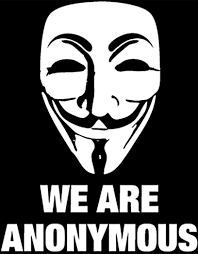
We are Anonymous .Labeled for reuse through wikimedia commons. https://commons.wikimedia.org/wiki/File:We_are_anonymous_and_mask.jpg
A group associated with the Anonymous “hacktivist” movement launched what they claimed was a “total war” against the Islamic State. They encouraged people to join in an effort targeting social media accounts connected with the terror organization in response to the attacks in Paris.
Anonymous also played an active role in the Arab Spring revolutionary movement and targeted Islamic State operatives after the killings at Charlie Hebdo, the French publication. Anonymous is a loosely associated international network of activists and hacktivists. They originated in 2003 on the website 4chan, beginning as a loose-knit group of Internet trolls.
Keeping that in mind, this behavior isn’t something new with Anonymous. In January 2008, an internal Scientology video starring Tom Cruise had been leaked to YouTube. The church, saying that the video was copyrighted, requested that YouTube remove it. Members of Anonymous, however, took issue with that request. They reportedly began launching attacks against Scientology websites, blanketing church centers with prank phone calls and faxes, and releasing its sensitive documents to the public. Anonymous also took credit for a 2011 breach of HBGary, as well as the disabling of the websites for Visa, MasterCard and PayPal in 2010 after the services declined to process donations to WikiLeaks. Dozens of people have been arrested for involvement in Anonymous cyber attacks, in countries including the US, UK, Australia, the Netherlands, Spain, and Turkey.
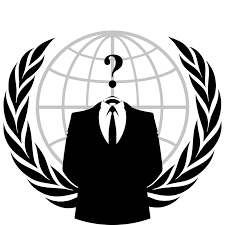
A video released on their YouTube channel outlines their resentment toward ISIS in lieu of the attacks in Paris, vowing to track the organization down online as part of its Operation Paris. The YouTube account has 467,191 subscribers and over 19,700,000 views collectively. ISIS uses social media accounts like Twitter to recruit new members. Multiple “ops” have been launched in an efforts to disrupt ISIS social media and even hack its members. Anonymous has said it wants to devote December 11 to an anti-ISIS day of rage. The goal of the campaign named #OpISIS is to shut down websites and ISIS Twitter accounts, and has since published a list of people it believes to be ISIS members. They urged followers to report those accounts as violating Twitter’s terms of service. Those terms say, “Users may not make threats of violence or promote violence, including threatening or promoting terrorism.” The campaigns have been successful: the secure-messaging app Telegram reported blocking 78 ISIS-related accounts, and a group called CntrlSec says it’s contributing to the suspension of more than 72,000 Twitter accounts.
Recently, they claimed to have uncovered information about the attacks in Paris as well as at locations in the U.S., Indonesia, Italy and Lebanon, all apparently set for Sunday. OpParisIntel, a group within Anonymous, released a statement saying it had collected information about imminent attacks by the militant group. However, Anonymous later posted a tweet saying that it did not know where rumors of the planned attacks originated, but that they were not true. Because of instances like these, some people question the group’s actions and effectiveness. Supporters have called the group “freedom fighters” and digital Robin Hoods while critics have described them as “a cyber lynch-mob” or “cyber terrorists.”

Hey! My name is Lilliana and I am a junior at Air Academy High School. I am the Senior Sports Editor and this is my second year writing for the Jetstream...





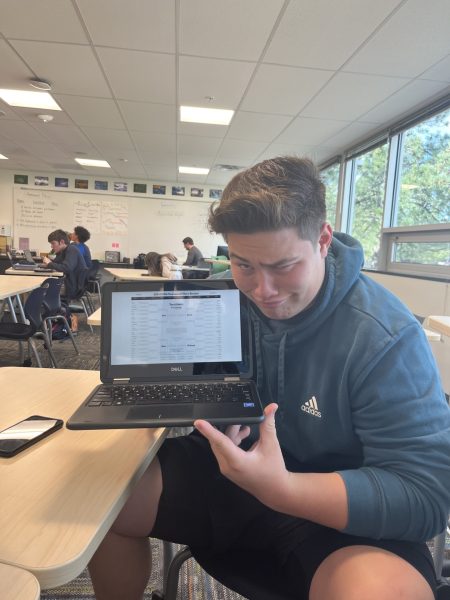



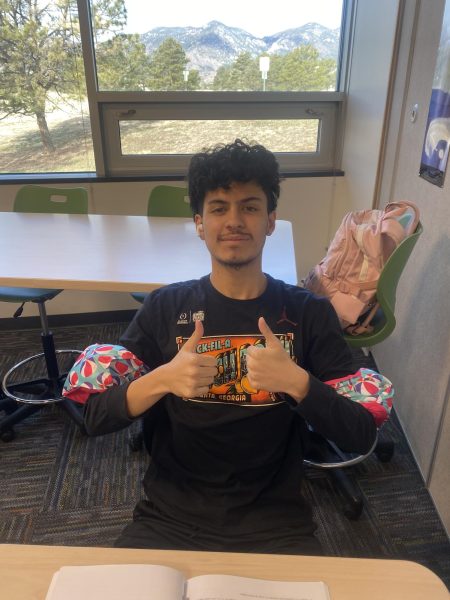

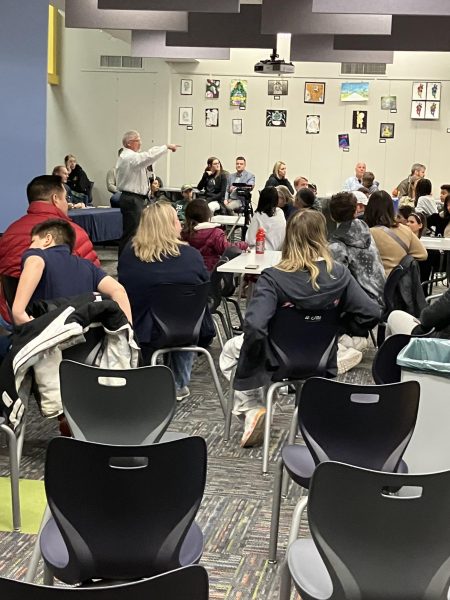
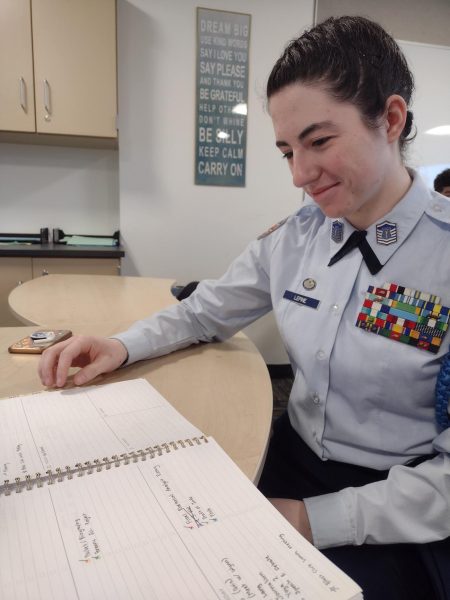
Jessica Cox • Dec 16, 2015 at 11:09 am
This is a great topic! Nice job
Sebastian Lloret • Dec 16, 2015 at 10:07 am
It’s weird to see the transition from internet hate machine to philanthropic activist group, but good on them.
Whitney Moran • Dec 16, 2015 at 10:05 am
Great article Lily! Good to see hacking used for good!